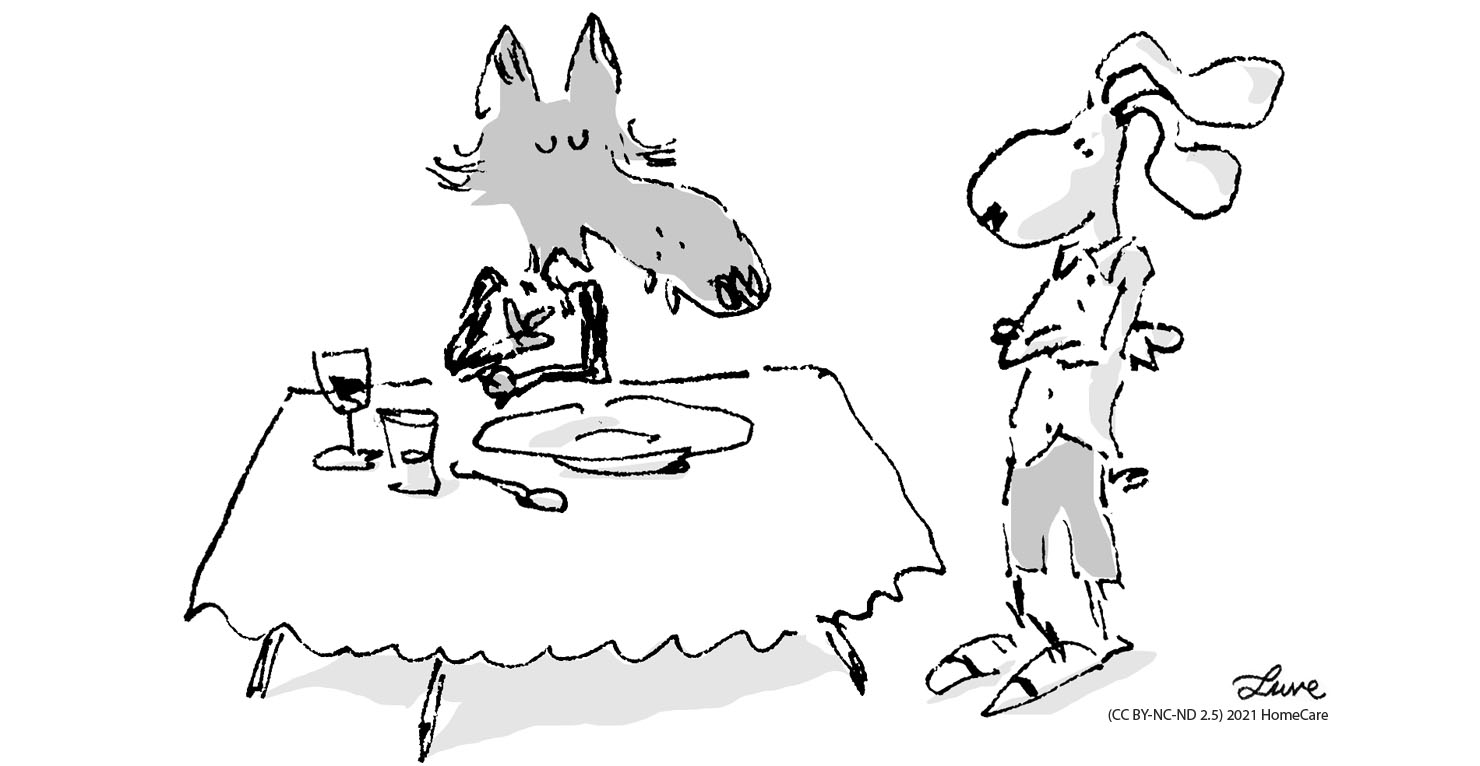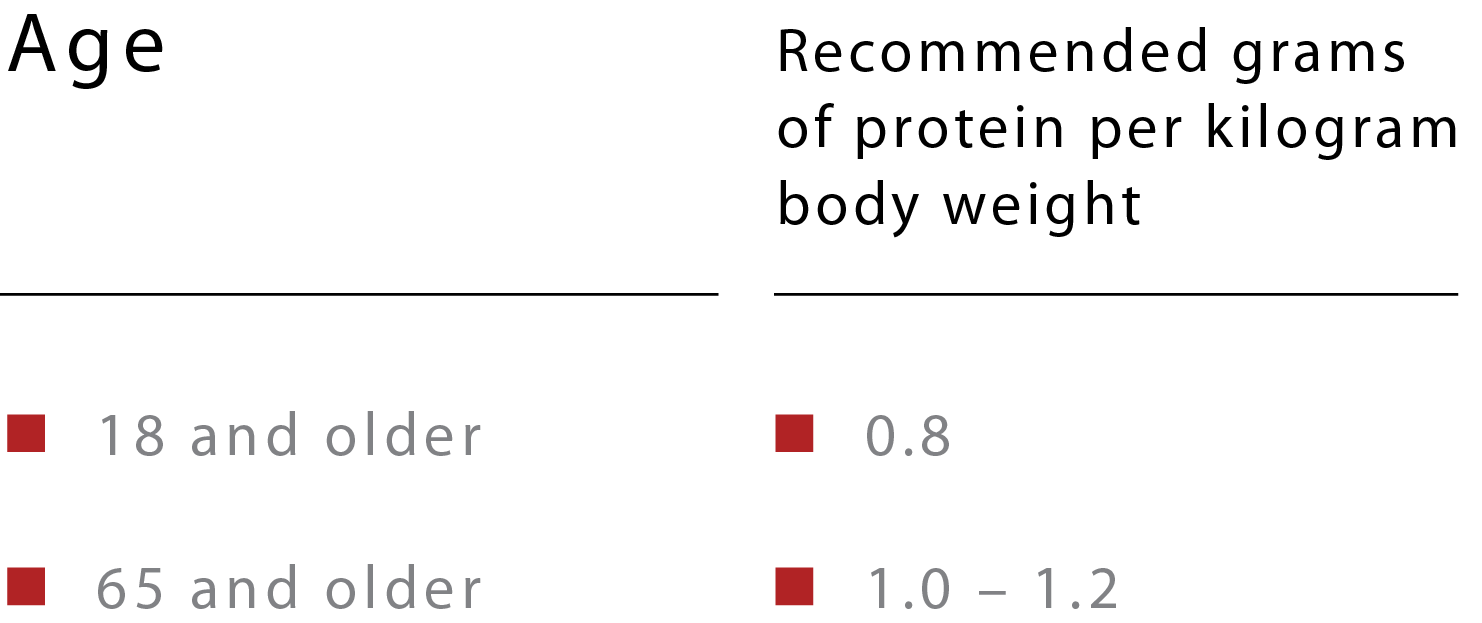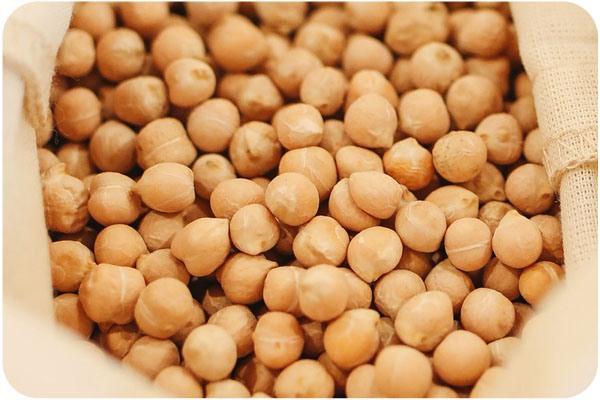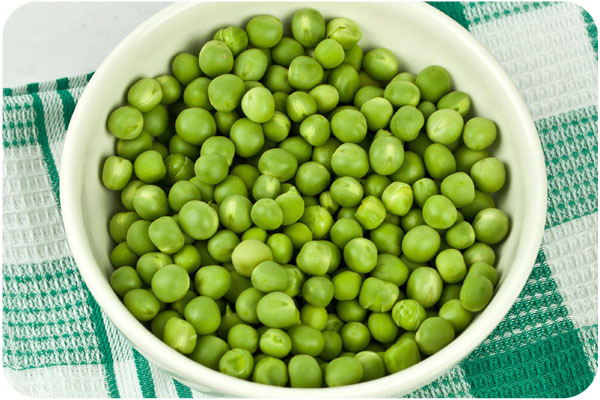
“Look, rabbit stew is nothing personal, doctor ordered high protein diet.”
Protein is important for overall health in older adults. It is a macronutrient essential for life. This means that every single person needs this nutrient in order to stay alive. Protein plays a role in immunity, maintaining muscle, and maintaining physical function for older adults. Protein is also a building block in the skin, hair, blood, bones, etc.
Protein is made up of building blocks called amino acids. There are 20 different amino acids that our bodies need. Of these, 9 are considered “essential” meaning human body cannot make them and we must get them from diet.
Animal-based protein sources are often called “complete” proteins because they contain all of the amino acids. Animal protein is found in meat, eggs and dairy products.
Plant-based protein sources are often called “incomplete” proteins because they contain some, but not all, amino acids. Those following a plant-based diet need to make sure they eat a variety of plant-based proteins throughout the day to ensure their body is getting the protein they need.
In the elderly nutrition, attention is paid to the increased need for protein (higher than in healthy adults) due to the presence of chronic diseases and the risk of developing sarcopenia.

Protein Requirements for Older Adults
Protein requirements for older adults may be different than for younger adults. The Dietary Reference Intake (DRI) reccommends eating 0.8 grams of protein per kilogram body weight in adults. However, research suggest that older adults may indeed need more protein. The PROT- AGE Study Group (PRevention in Older people-Assesment in GEneralists’ practices, established by the European Union Geratric Medicine Society -EUGMS) recommends that older adults consume 1-1.2 grams of protein per kilogram body weight.

Source: The Dietary Reference Intake (DRI); The PROT- AGE Study Group; The European Society for Clinical Nutrition and Metabolism (ESPEN)
There are certain situations where an older adult may need more protein. For example, if they have a non-healing wound or pressure injury. Or if they are in the hospital and their bodies are healing from injury. There are also situations where an older adult may need less protein, for example if they have kidney disease.
It is important to speak with your doctor and/or a geriatric dietitian to determine your individual needs.
How to Get Enough Protein in the elderly nutrition?
The food is the very best way to get protein. The foods highest in protein come from animal sources. Food high in protein are:

Beef

Yogurt

Salmon

Chicken

Lentils

Almonds

Milk

Quinoa

Chickpeas

Eggs

Oatmeal

Green peas
Older adults who follow a vegetarian or vegan eating pattern should eat a wide variety of plant-based high protein foods throughout they day to ensure they are getting enough protein.
Back Next
![]()
Nutrition for the elderly:27% complete
